×
☰
- Home
-
Industry Reports
.png) Agriculture
Agriculture
 Aerospace and Defense
Aerospace and Defense
 Professional Services
Professional Services
 Automotive and Transportation
Automotive and Transportation
 Banking & Finance
Banking & Finance
 Biotechnology
Biotechnology
 Chemicals and Materials
Chemicals and Materials
 Consumer Goods
Consumer Goods
 Energy and Power
Energy and Power
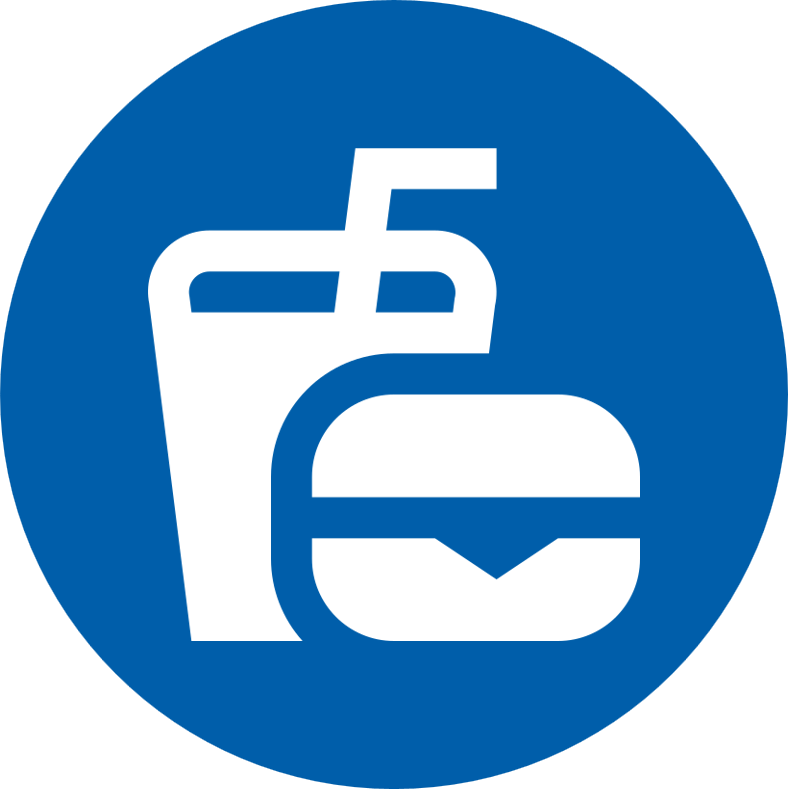 Food and Beverages
Food and Beverages
 Healthcare IT
Healthcare IT
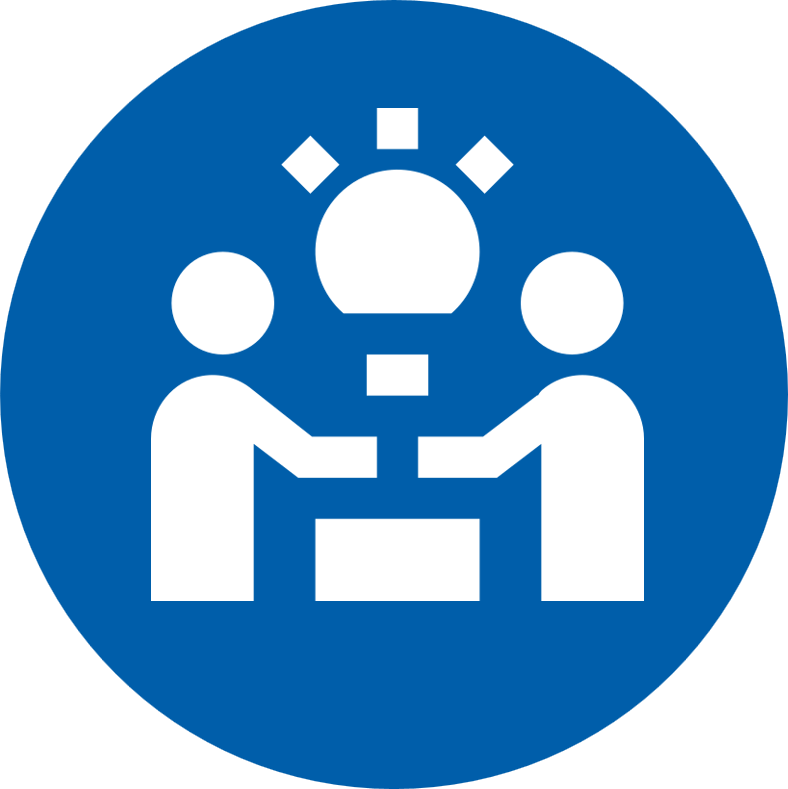 Information & Technology
Information & Technology
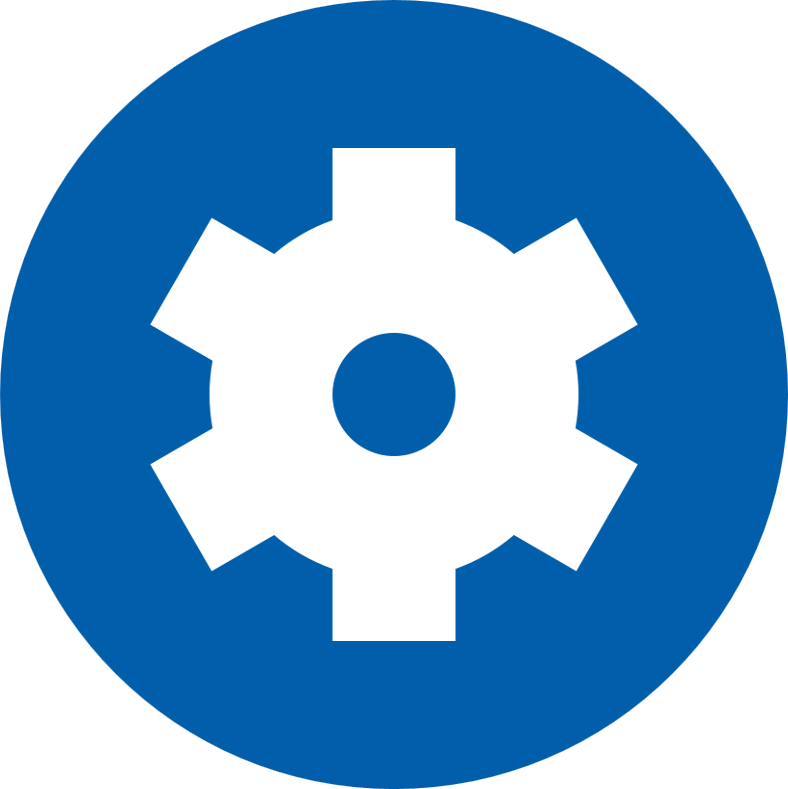 Machinery & Equipment
Machinery & Equipment
 Packaging
Packaging
 Healthcare
Healthcare
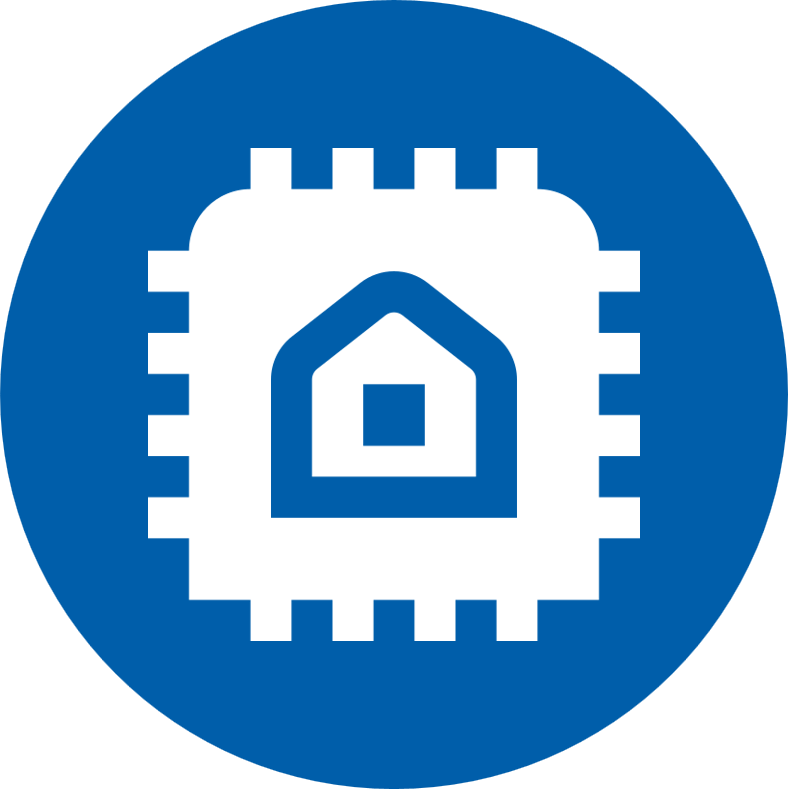 Electronics and Semiconductor
Electronics and Semiconductor
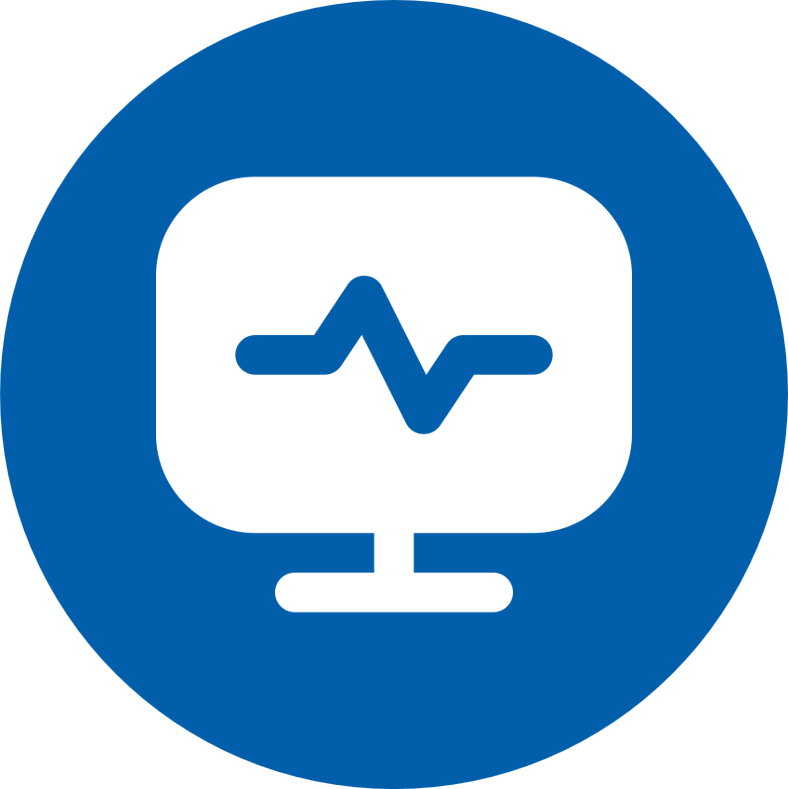 Medical Devices
Medical Devices
- About Us
- Blogs
- Press Release
- Contact Us






 US: +1-(714)-364-8383
US: +1-(714)-364-8383






